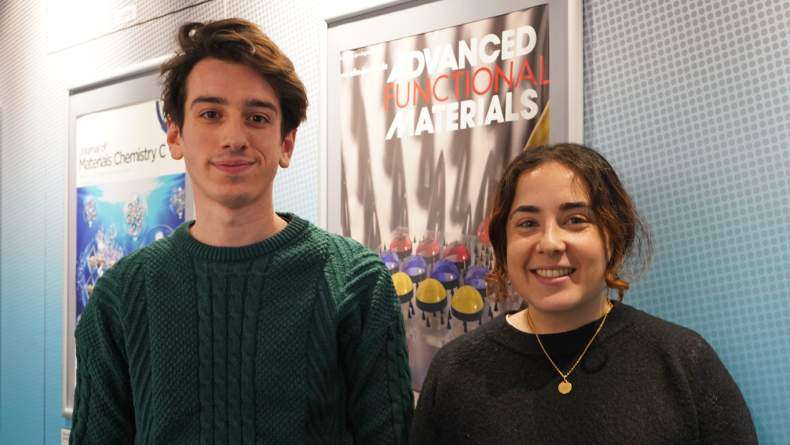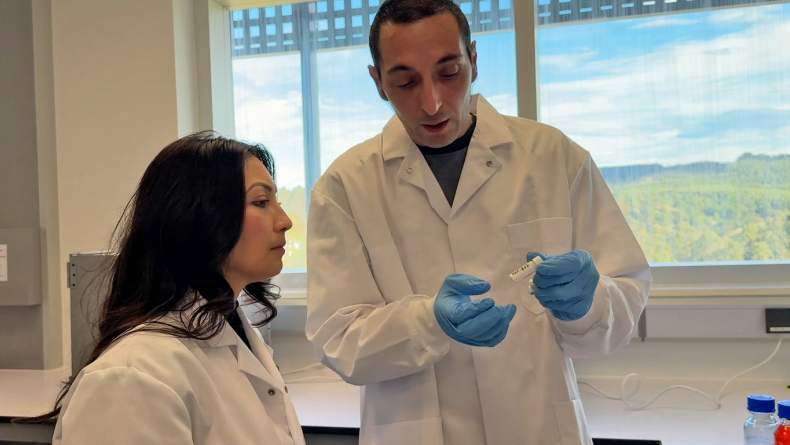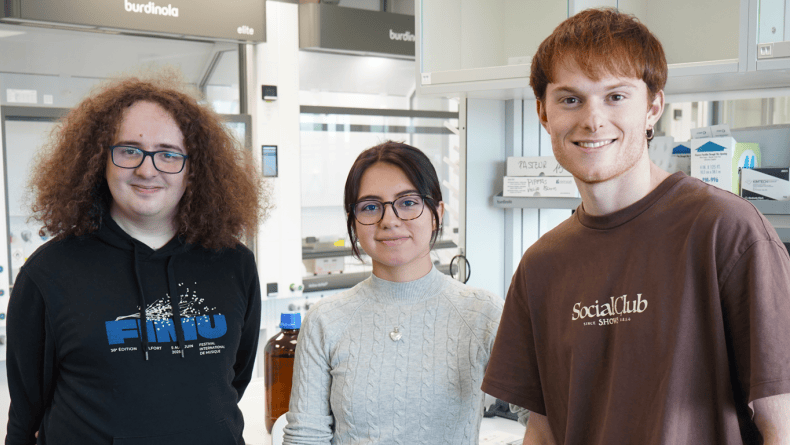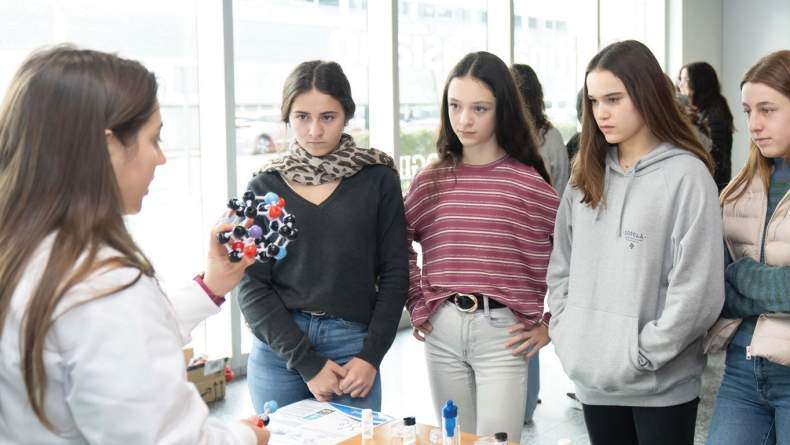BCMaterials paper on the cover page of Global Challenges
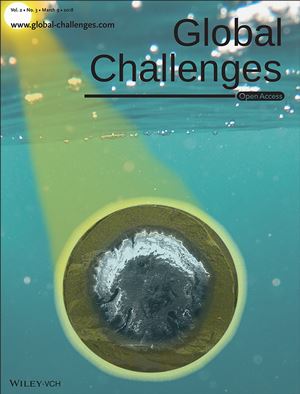

An investigation from BCMaterials, together with colleagues from the University of Minho, Portugal and the Technical University of Dresden, Germany, has been highlighted as journal cover in the journal Global Challenges, as a new approach in water decontamination. The contribution “Reusable Photocatalytic Optical Fibers for Underground, Deep-Sea, and Turbid Water Remediation” (DOI: 10.1002/gch2.201700124) shows the immobilization of photocatalytic titanium dioxide (TiO2) nanoparticles in a polymer (PVDF) onto the surface of polymeric optical fibers, which can be applied in environmental decontamination. As light is transmitted through the fibers until the end tip, remote environments deployed of light access, as it is the case of soil and deep water, can be reached and decontaminated. This work combines the practicability of the optical fibers to transport radiation, the chemical resilience of the PVDF coating, and the catalytic properties of TiO2 into a single material.
" In article number 1700124, Pedro M. Martins, Senentxu Lanceros‐Méndez, and co‐workers show for the first time the immobilization of photocatalytic titanium dioxide (TiO2) nanoparticles in a polymer (PVDF) onto the surface of polymeric optical fibers, which can be applied in environmental decontamination. The optical fibers not only act as a material of light transportation but also an immobilization matrix for the PVDF/TiO2 composite, thus radiation and the photocatalytic effect are provided by the same material. The immobilization of TiO2 in the polymer improves the stability of the coating and consequently its reusability, which is important for practical applications. As light is transmitted through the fibers until the end tip, remote environments deployed of light access, as it is the case of soil and deep water, can be reached and decontaminated. This work combines the practicability of the optical fibers to transport radiation, the chemical resilience of the PVDF coating, and the catalytic properties of TiO2 into a single material."
Related news
Sara Martín and Stefano Lunghi Join BCMaterials as New Researchers
BCMaterials is pleased to welcome two new members to its research team: Sara Martín Iglesias, a postdoctoral researcher in the Active and Smart Materials research line, and Stefano Lunghi, a…Nanomaterials for Water Remediation and Valorization
Scientific staff at BCMaterials are developing next-generation nanomaterials combined with naturally sourced polymer membranes for water decontamination and reuse. These advanced materials not only…Three New Resarchers Join BCMaterials
The new year has brought BCMaterials the arrival of three new young scientists to our staff. They are the pre-doctoral researchers Karen Cano and Mikel Russo, along with the post-doctoral researcher…BCMaterials Activities at Emakumeak Zientzian (Women in Science)
This year marks the 10th anniversary of the Emakumeak Zientzian (Women in Science) initiative, which brings together more than 30 Basque organizations (universities, research centers, companies…) to…
